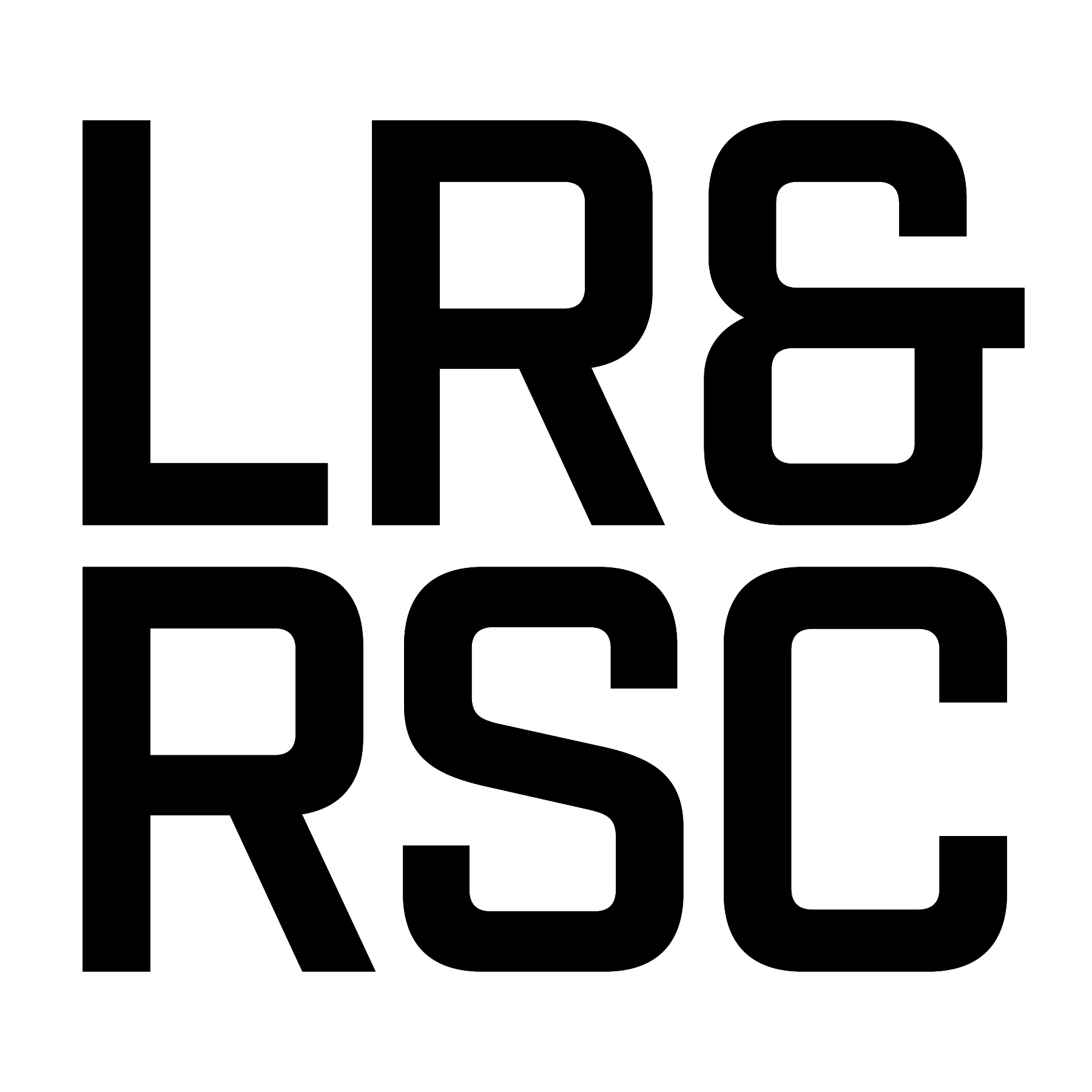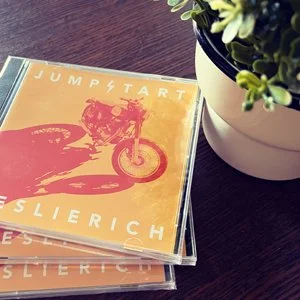The latest solo EP, Jumpstart out now on all your favorite services.
The new solo release from Leslie Rich, Jumpstart, visits the teen and pre-teen years of his childhood. Leslie had to manage a lot of emotions in those early years: his dad’s yearning wanderlust, his parents’ temporary separation, the death of both grandfathers, and navigating blossoming love. These emotions all come together in this first EP from 12 recently written tracks; it’s rare for any songwriter’s songs to be so closely bound together. And rarer yet that they proliferate from a specific era in time. Reflection may always come at a certain age. Whatever the truth behind these seemingly endless, sunshine-filled days, Leslie decided that his experience of that time and how he remembered it was as valid as anyone’s version. Any healing came from the roots of how his nine, eleven, or fifteen-year-old self navigated those memories.
Headlights is a realization that his dad went through his own inner turmoil trying to figure out the man that he was. While struggling to work out how he feels, the man in the song is urging his young son to find his path quickly and follow his dreams. “What are you waiting for? What direction are you going?”
Jumpstart was triggered by the memory of his dad trying to jumpstart a worn-out motorcycle. This man looked so cool and remained a hero, despite now realizing that once fixed, that same bike could take his dad away again, pulled by the never-ending “tug on his sleeve.”
In Heck&Away, the nine-year-old Leslie can’t understand why anyone would invest so much in love. Is it really always a “rollercoaster ride?” because it “seems much too hard to work”?
Out in the Road covers the memories of his beloved Grandpa Rich; he wordlessly taught to tell the truth, follow through on promises, and believed that if you say you can do it, know that you can. Too young to remember everything clearly, the truth might only invalidate those lessons, and therefore they're left alone.
Because the songs came so fully formed early on, Leslie decided to reinvent his usual recording process. He shared the rough demos with his friend, Heavy Sixers guitarist Grant Eull, who had recently begun experimenting with analog synths and sequencers. The results were instantly enlightening, so Stephen Helvig of Helvig Productions was recruited to bring order and direction to the home recordings. In the studio, happy accidents flourished, “usual” processes were abandoned, and traditional instrumentation was kept to a minimum, outside of Leslie’s acoustic foundation. Once finished, a common thread of experimentation can be seen all the way from 1999’s Geeklove or 2001’s Written Lie. In ruminating on his roots, perhaps Leslie managed to creatively rediscover them.


